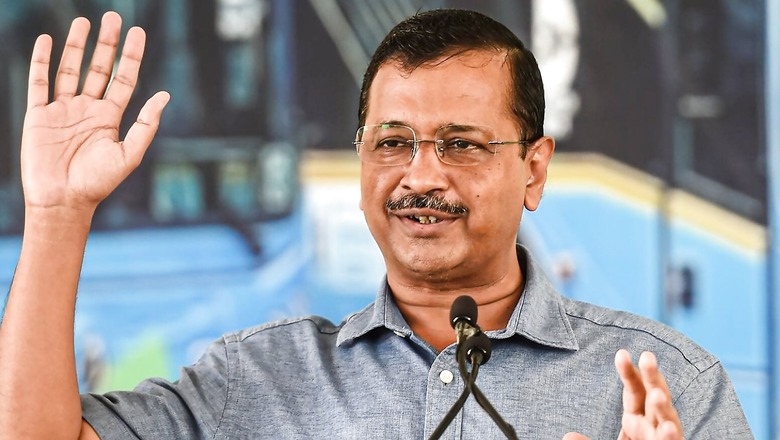
views
A day before the amended Graded Response Action Plan comes into force in the national capital, Delhi Chief Minister Arvind Kejriwal on Friday announced a 15-point action plan to combat the chronic issue of winter air pollution.
The first is the use of a bio-decomposer manufactured by the PUSA institute, which will be given to farmers for free, so they don’t have to resort to burning their stubble covering 5,000 acres of farm land, compared to 4,000 acres last year.
To tackle dust pollution, which is the second step, the government will run an anti-dust campaign targeting construction sites from October 6. Every construction site over 500 sq m will have to compulsorily register on the governmnet’s web portal, which will enable real-time monitoring of dust control. A total of 586 teams have been formed to monitor enforcement of measures to fight dust pollution. Construction sites over 5,000 q m will have to compulsorily deploy anti-smog guns, in all 233 anti-smog guns will be in place. Also, 80 road sweeping machines, 521 water sprinklers and 150 mobile anti-smog guns have been readied to tackle dust pollution on roads.
The third step involves tackling vehicular pollution. The CM said 380 teams have been formed for increased scrutiny and compliance of PUC (pollution under control) certificates, with focus on more than ten-year-old diesel vehicles and over 15-year-old petrol vehicles. Alternate routes have been made for decongestion of 203 heavily congested roads, and information would be provided to commuters regarding these alternate routes.
The fourth step is the formation of 611 teams to implement the ban on open burning of garbage in the national capital. Another 33 teams have been formed to ensure all registered industries use the environment friendly piped natural gas (PNG). The chief minister said while most have already switched over to PNG, this is being done so that no industry uses any other fuel.
सर्दियों में प्रदूषण पर नियंत्रण के लिए दिल्ली का “विंटर एक्शन प्लान” तैयार। Press Conference | LIVE https://t.co/VeEkFIJ0YS— Arvind Kejriwal (@ArvindKejriwal) September 30, 2022
The next step, the CM said is the complete ban, including online sale on the manufacture, storage, sale and bursting of crackers. It may be noted that even though there has been a ban on the sale, storage and bursting of crackers for the past two years in Delhi, enforcement has been a challenge. This year, 210 teams have been formed to implement the ban on crackers.
A super site in Rouse Avenue road is expected to give real time-source apportionment data in collaboration with IIT Kanpur from October 20, which will help identify the source of pollutants as well as forecast and enable formation of better strategy. This, the chief minister said was the seventh step.
OTHER STEPS
Other steps include involving paryavaran mitras. At least 3,500 paryavaran mitras have already registered, more can register by giving a missed call on 84448441758. Formation of 20-acre e-waste park for processing of electronic waste, increasing the green cover for which plantation of 42 lakh saplings was the target of which 32 lakh has been achieved and the remaining 9 lakh saplings will be planted in the second phase beginning October 15, green war room for 24×7 monitoring from October 3, with nine members who will monitor, anayse and prepare the plan ahead, green Delhi app, which saw more than 53,000 complaints of which 90% have been resolved, where the citizen can register violations of norms, strict eye on the 13 pollution hot spots of Delhi and strict implementation of the amended graded response action plan.
जो खरा है उसे छुपाया नहीं जा सकता,दिल्ली में प्रदूषण केंद्र सरकार की बदौलत कम हुआ इसे आप कभी छुपा सकते @arvindKejriwal जी ।
वैसे दुनिया जानती है आप इतना सच क्यूं बोल रहे हैं…@BJP4India @BJP4Delhi pic.twitter.com/J2F75HFLbh
— Ashish Sood (@ashishsood_bjp) September 30, 2022
Lastly, as the 15th step the CM emphasized on the need for cooperation of NCR states and a collective strategy to ensure success in the fight against air pollution in the national capital. “Unless we work together, shoulder to shoulder, we will not be able successful, we will work with the central government, CAQM, NCR states to fight pollution,” Kejriwal said.
He also requested all states to ensure that vehicles coming to Delhi are either CNG or electric, neighbouring states to stop use of polluting fuels in industry and switch to PNG, use zig zag technology in brick kilns, and ban use of diesel generators by ensuring 24×7 electricity.
Kejriwal also said that in the past seven years, since the AAP government was formed, many efforts made by Delhi have yielded results.
Citing data from the National Clean Air Programme, Kejriwal said that compared to 2017-18 to 2021-22, there has been an improvement in Delhi’s air, PM 10 levels have gone down by 18.6%. The reasons for this, the chief minister said, was the supply of 24×7 supply of electricity which led to minimal use of generators, closure of two thermal power plants, no coal-based power plants, strict monitoring of dust pollution norms, switching over to PNG in industry, increase of green cover in Delhi from 20% to 23.6% in the past seven years, the Electro Vehicle policy of the government, adding of public buses, smog towers, strict implementation of GRAP and the peripheral expressway built by the central government.
Read all the Latest News India and Breaking News here














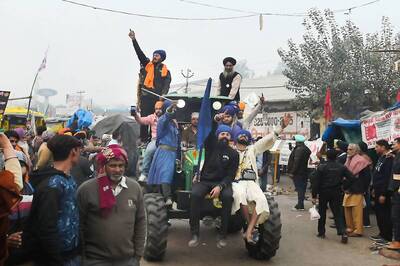

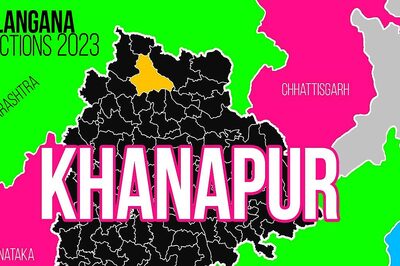
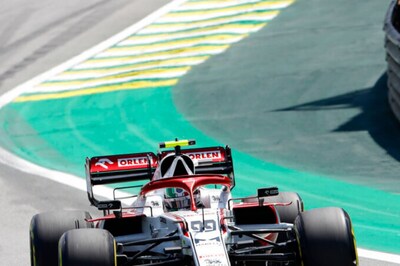
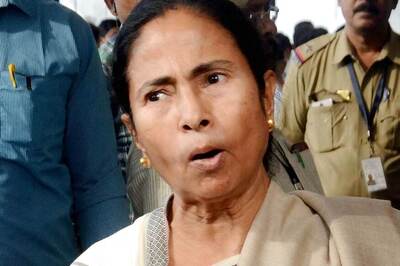

Comments
0 comment